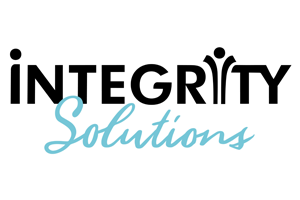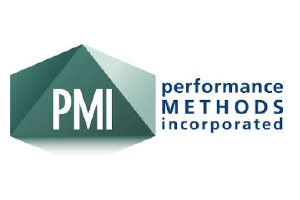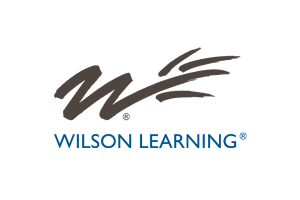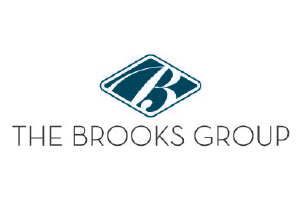Closing a sale is rarely easy, but add the current economic landscape, which is marked by budget cuts, inflation and layoffs, and you have raised the level of difficulty. When the economy weakens, many prospects’ buying ability is affected by organizational budget cuts. In fact, according to Vidyard’s report, 52% of salespeople said that economic factors like inflation, market forces and a potential recession are currently the most challenging aspect of the sales process. Inflation impedes buyers’ spending as there’s less budget allocated for new products. Similarly, a looming recession leads to prospects tightening their belts and spending less, making selling that much more difficult.
Not only are there economic challenges, but salespeople also face a new issue — the perception that artificial intelligence (AI) tools like ChatGPT and Bard will replace human salespeople. With the recent strides forward in AI technologies, some people think that generative AI technologies will revolutionize selling to the point that live reps are no longer necessary. The idea that chatbots can take highly skilled sales jobs doesn’t sit well with most account executives. This begs the question: Is human connection still needed for sales?
How AI Can Enhance the Sales Process
Despite some trepidation around using AI technologies in sales, the tech can benefit salespeople. AI can accomplish time-consuming administrative tasks like updating customer relationship management (CRM) data, analyzing sales reports, writing emails and answering customer FAQs, freeing up more time for salespeople to focus on building relationships with customers and closing deals.
Chatbots can help increase salespeople’s efficiency and improve customer experiences, but there is no replacing the human touch regarding sales. According to a recent study, 53% of people rated their chatbot experiences as only “fair” or “poor.” Unlike AI, humans can pick up on the nuances and context of conversations to better engage with customers on a deeper level. Chatbots cannot duplicate the emotional intelligence or empathy a human salesperson possesses that ultimately builds and strengthens customer relationships.
3 Qualities of a Standout Salesperson
So how can a salesperson stand out when so many forces work against them? Let’s take a look at the crucial factors and actionable training tips for salespeople wanting to distinguish themselves in these tumultuous times.
Though a sales role requires many diverse traits, all-star salespeople share three sales enablement skills.
1. Rapport building.
The first and most important skill an effective account executive can possess is the ability to build genuine rapport. Rapport is all about connecting — it’s essential to center the conversation on the prospect rather than the salesperson’s company or technology. By showing concern for the prospect’s needs and communicating honestly, an account executive can gain the prospect’s trust and further strengthen their relationship. This kind of attention will make a salesperson stand out while piquing the prospect’s interest in their offer.
2. Personalization.
According to McKinsey research, 71% of consumers expect personalization. Thus, a tailored sales interaction with another human is no longer a “nice to have,” but a necessity. Salespeople should always do their homework to determine the challenges a prospect faces so they can best position their product as a solution.
3. Clear value proposition.
Suppose a prospect doesn’t know how a salesperson’s product or service can help them. Without that insight, they’re unlikely to move forward. Salespeople must understand and clearly communicate their solution’s value proposition and benefits to the customer.
How Training Can Help
Though some people are inherently charismatic or good communicators, training helps salespeople develop and sharpen these skills. The following tips will help you establish a training program designed to identify and foster the traits necessary to achieve star salesperson status.
1. Rapport building.
Practice active listening techniques to foster effective communication with customers. Simulate real-life scenarios and enhance relationship-building skills by facilitating role-playing exercises that focus on creating meaningful connections. Offer coaching and feedback sessions focused on improving non-verbal communication and body language.
2. Personalization.
Use training market and customer research training to give salespeople insights into customer needs, pain points and preferences. Provide guidance on creating buyer personas and understanding customer profiles to tailor sales approaches effectively. Introduce tools and resources — like CRM systems and sales enablement platforms — that support customization and personalization.
3. Clear value proposition.
Conduct comprehensive product knowledge training to deepen salespeople’s understanding of their offerings’ features, benefits and unique value. Offer competitive analysis training to get a leg up on the competition and understand their solution’s competitive differentiators. Organize regular sales pitch practice sessions and provide constructive feedback to refine the sales teams’ communication delivery and effectiveness.
Though some people are born natural sales superstars, they can also be trained. Implementing these training methods will help salespeople enhance their communication skills and overcome selling obstacles to stand out from the crowd and close more deals.










